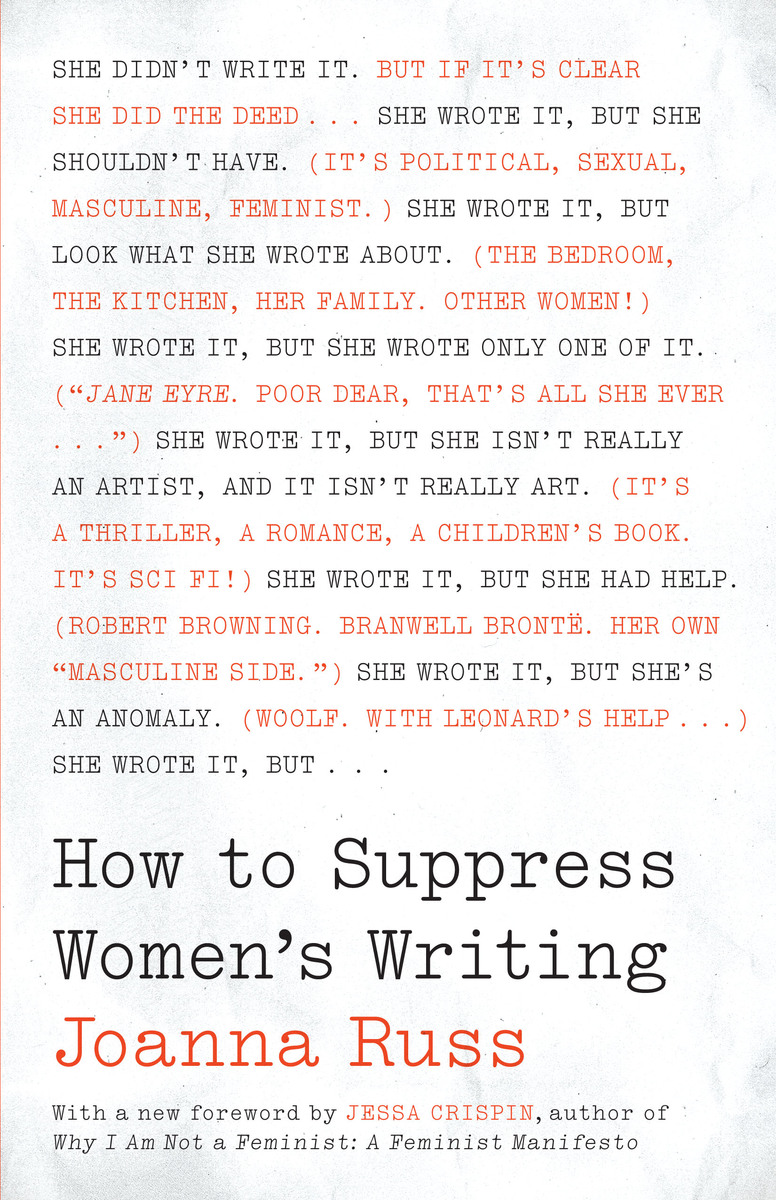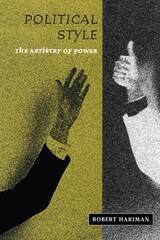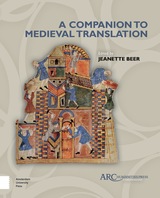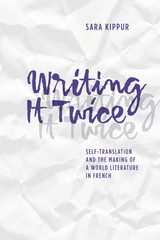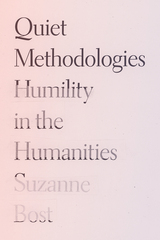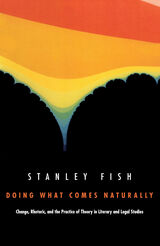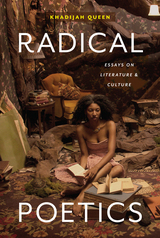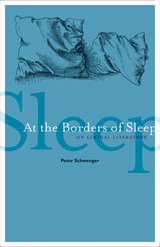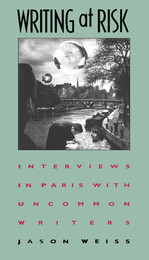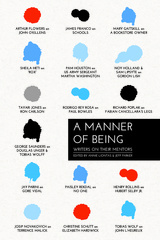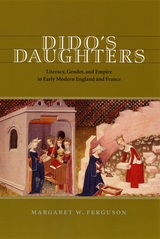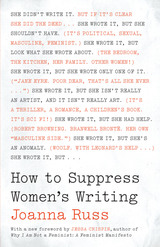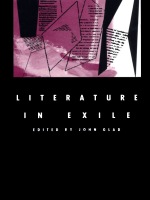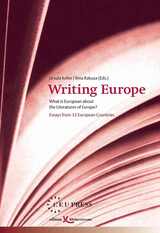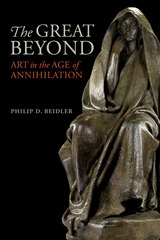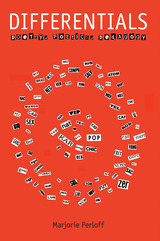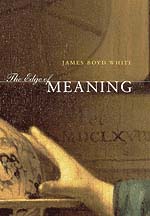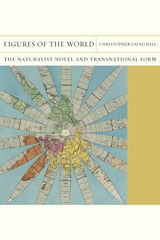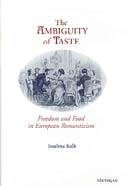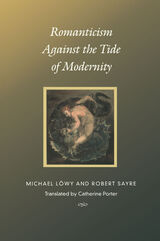Nearly four decades after she penned it, Joanna Russ’ How to Suppress Women’s Writing has just been reissued, and it’s as timely as ever. That’s the problem. The book is exhausting and wry and depressing, a deeply sourced journey through the misogyny of the making of the English literary canon. . . . I don’t need this book. Your son needs this book. Your uncle needs it. Your bartender needs it. Maybe you need it.
— Texas Observer
If you haven’t read this little book, you should seek it out: it’s still horribly relevant...Russ showed me we can’t sensibly talk about what is most important or of the highest quality without first asking who gets to decide, and based on what criteria?
— Emily Maguire, The Guardian
Brilliant and scathing.
— Nicole Rudick, New York Review of Books
A quirky, irreverent, iconoclastic, idiosyncratic piece of work. It catalogues all the various attitudinal problems and misconceptions ...that allow us to disregard or even discard the artistic productions of women. By defining these patterns so clearly and succinctly, Russ holds a mirror before us—a mirror in which we can see ourselves anew.
— Annette Kolodny
A book of the most profound and original clarity. Like all clear-sighted people who look and see what has been much mystified and much lied about, Russ is quite excitingly subversive. The study of literature should never be the same again . . .
— Marge Piercy
Extraordinary and original ...feminist literary criticism rarely explores the social context in which literature is selected for posterity. This, Russ does persuasively, movingly, and in the finest of critical traditions.
— Phyllis Chesler
[A] book that, in a just world, would be assigned in every writing, literature, and art class, and handed to every single high school and college graduate…It's one of the most elegant books of feminist criticism I've ever read.
— Carmen Maria Machado, Electric Literature
Reading it changed the way I approached criticism and the act of reading itself.
— Buzzfeed
Despite how much there is to be angry about, How to Suppress Women's Writing is shot through with hope. . . Likely it won't be remembered long enough or taken seriously enough, but to read this book is to admire this buried tradition, and realize how much there is to be discovered — and how there's no time like the present to look at the marginalized writers you might be missing. "Only on the margins does growth occur," Russ promises, like the guide in a story telling you how to defeat the dragon. Get angry; then get a reading list.
— NPR
Thankfully, with the new release of [the new edition], Russ’ writing is a little less suppressed today than it has ever been. And the anger that sometimes propelled her work has a chance to continue to foment change.
— The Portalist
A must-read feminist classic...this book is a lovely introduction to Russ’ acerbic writing style, and is a scathing commentary on how patriarchal and other systemic forces have conspired to silence women’s voices, not just in fiction but in other media as well.
— The Portalist
Russ is modeling a willingness to challenge our worldviews and sit with the discomfort that on some occasions we could very well be the suppressors. Here, she is beginning to imagine what a solution could look like, and she is inviting us to imagine with her. This book is certainly appropriate for students and scholars of feminist history and literature. Scholarly publishing professionals may also find it particularly useful as an interrogative tool as well as an opportunity to reflect on our own practices and begin to envision how we can do better.
— The H-Net Book Channel
A landmark satirical work of criticism.
— Reactor Magazine
